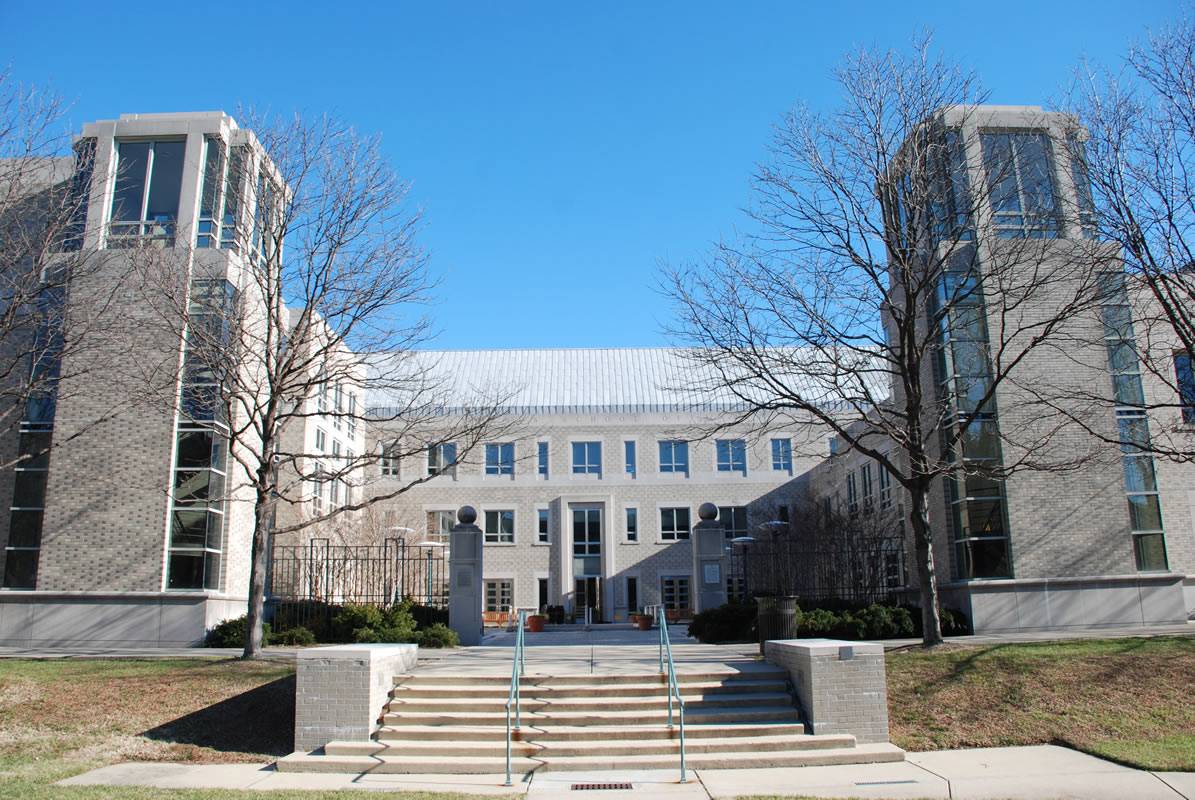March 15, 2015

The United States Court of Appeals District of Columbia Circuit will hear oral arguments in three cases at Catholic University's Columbus School of Law on March 19th. This is only the third time in recent memory that the Court has conducted a live session outside of its usual location.
The Court will hold its proceedings in the law school's Slowinski Courtroom as part of an ongoing effort to enhance public understanding of the role of the courts in the nation's constitutional framework. Chief Judge Merrick Garland and judges Judith Rogers and Cornelia Pillard are scheduled to hear arguments in three cases: Baumann v. District of Columbia, a police whistleblower case; United States v Kaufman, a sentencing challenge; and Edwards v. Commissioner of Internal Revenue Service, a tax case."This is an extraordinary opportunity for our students and ourselves," said Marin R. Scordato, Associate Dean for Academic Affairs and Research. "I think that observing an appeals court in live session, most especially one of this level of prestige and importance, will be a powerful professional learning opportunity for our students." Arguments will begin at the usual time of 9:30 a.m. The U.S. Marshal's Service is in charge of security for the event. All guests will be screened and must show a photo ID on their way in to the courtroom. CUA Law students should use their student IDs. Seating is limited and will be on a first-come, first-serve basis. Doors of the courtroom will open around 8:45 a.m. A reception will follow the oral arguments. Other details:
- Backpacks, book bags, briefcases, laptop bags, suitcases, etc. are not permitted.
- Electronic devices are permitted only if the device does not have a camera or is not capable of recording audio.
- Members of the Bar who display a bar identification card or other proof of membership of the bar of the Court of Appeals, District Court, or D.C. Bar may bring electronic devices with camera and recording capabilities in the courtroom but the device must be turned off.
- The Court's proceedings are open to members of the media who are credentialed by the Court, another federal or D.C. government entity, including the Supreme Court, Congress, a federal agency, or the D.C. government.
